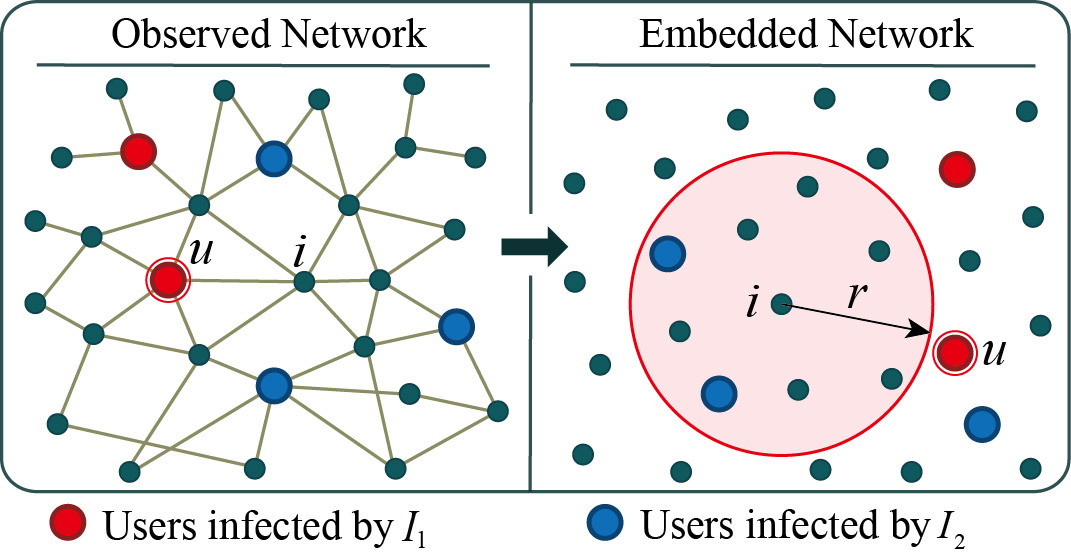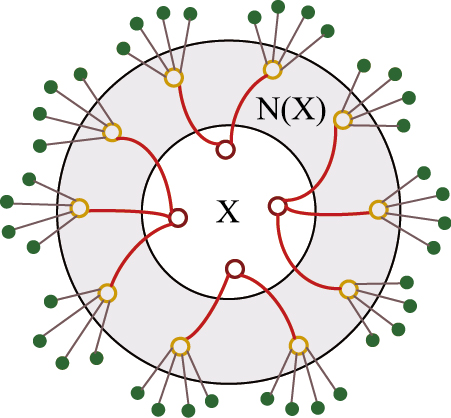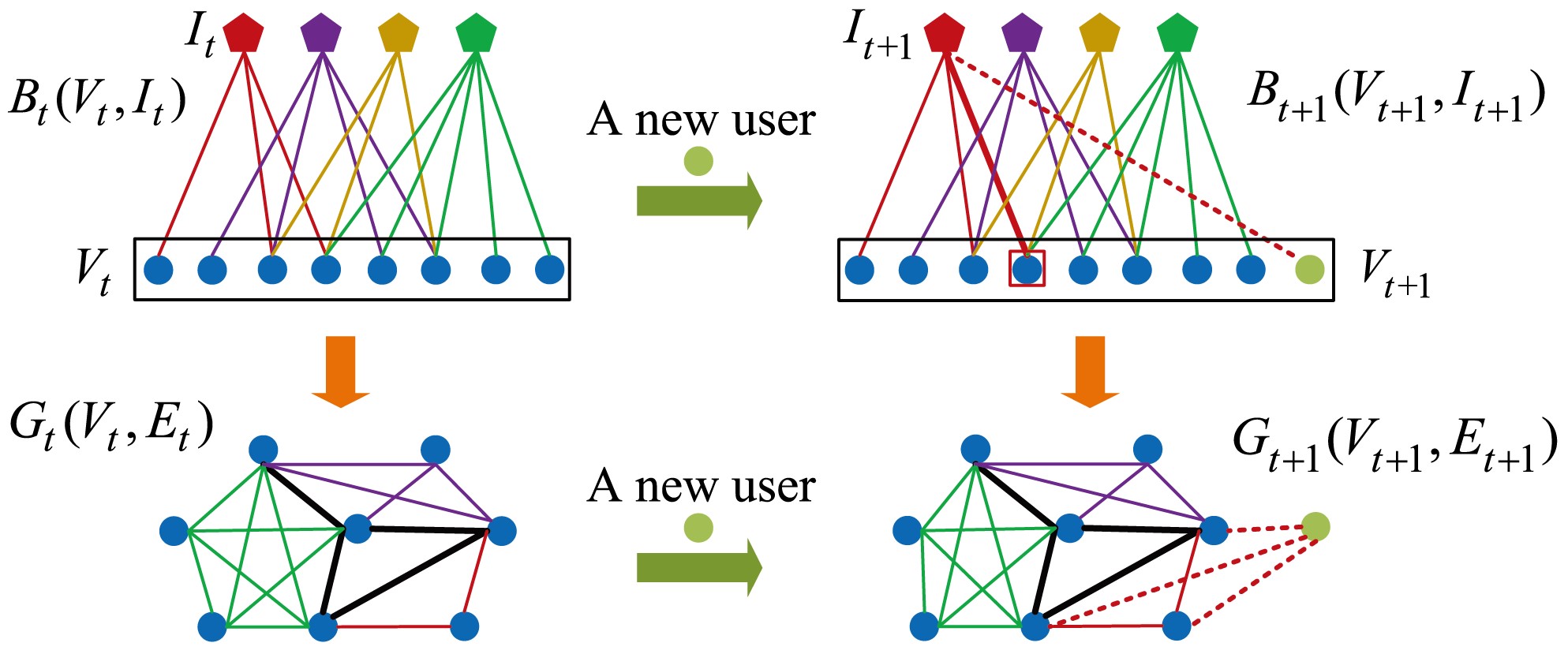
PhD Candidate
IIOT, SEIEE
Shanghai Jiao Tong University
Email: fengchen@sjtu.edu.cn
Office: SEIEE 1-441, SJTU
I am a fifth-year Ph.D. candidate in Shanghai Jiao Tong University, pursuing my degree in Electronic Engineering under the supervision of Prof. Xinbing Wang and Prof. Luoyi Fu in the IIOT laboratory. Prior to that, I obtained my bachelor degree in communication engineering from Tianjin University in China in July 2016.
My research interests are mainly about algorithm analysis in social networks and the application of machine learning techniques. Currently, I'm especially interested in the theory of machine learning.
Chen Feng, Luoyi Fu, Xinbing Wang
Working Paper , 2021
Chen Feng, Jiahui Sun, Luoyi Fu
In preparation for IEEE Transactions on Mobile Computing, 2021
Chen Feng, Luoyi Fu, Bo Jiang, Haisong Zhang, Xinbing Wang et al.
IEEE Transactions on Knowledge and Data Engineering (TKDE), 2020
[Main paper] [Supplemental Material] [Code]
Chen Feng, Luoyi Fu, Xudong Wu, Xiaoying Gan, Xinbing Wang et al.
IEEE Transactions on Wireless Communications (TWC), 2020
[Main paper] [Supplemental Material]
Xiaoying Gan, Chen Feng, Zhida Qin, Ge Zhang, Huaying Wu, Luoyi Fu et al.
IEEE Transactions on Network Science and Engineering (TNSE), 2019
[Main paper] [Supplemental Material]
Haonan Zhang, Chen Feng, Xinbing Wang
Proceedings of the ACM Turing Celebration Conference - China (TURC), 2019
IEEE Transactions on Mobile Computing (TMC), 2017
IEEE Transactions on Big Data (TBD), 2018
IEEE Transactions on Sensor Networks (TOSN), 2018, 2019
IEEE Transactions on Network Science and Engineering (TNSE), 2017, 2018, 2019
China Communications (ChinaCom), 2017, 2018, 2019
IEEE Wireless Communications Magazine (WCM), 2020
International Conference on Computer Communications (INFOCOM), 2019, 2021
International Conference on Measurement and Modeling of Computer Systems (SIGMETRICS), 2020
International Conference on Mobile Computing and Networking (MobiCom), 2018, 2019
IEEE International Conference on Network Protocols (ICNP), 2018, 2019
International Conference on Sensing, Communication and Networking (SECON), 2018
International Conference on Distributed Computing Systems (ICDCS), 2018
International Symposium on Modeling and Optimization in Mobile, Ad Hoc and Wireless Networks (WiOpt), 2018
IEEE/ACM International Symposium on Quality of Service (IWQOS), 2019, 2021
IEEE International Conference on Communications (ICC), 2018
IEEE Global Communications Conference (GLOBECOM), 2017, 2018, 2019
Thanks to Vasilios Mavroudis for the template!


